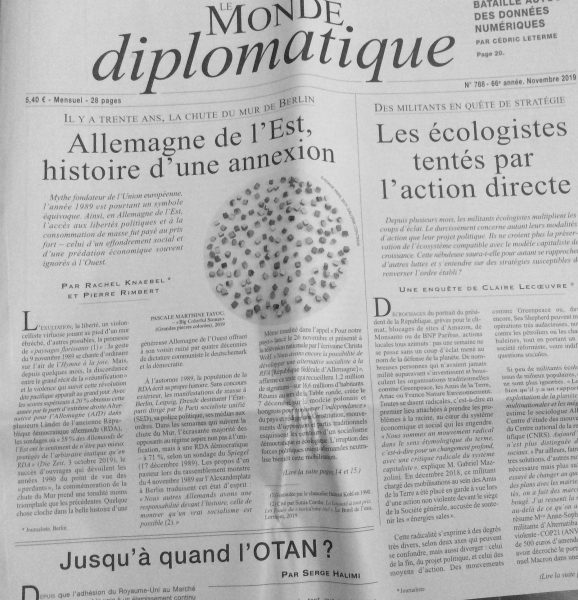In the middle of October 2023 we witness the unexpected and unwanted rise of the geo-political importance of the European Union. First, after the aggression of Russia to realise a huge land grab on Ukrainian territory, the European Union managed to define its new geo-political role in supporting the Ukrainian struggle of independence and freedom versus Russian oppression. This means continuous support of several forms: humanitarian, supporting infrastructure like energy and food supplies as well as military equipment for defensive purposes. Achieving our own strategic autonomy means decoupling from energy supply from Russia despite huge investments to build interdependence particularly by Germany or Finland. Additionally, strategic autonomy means relying on international partners that share our values and quest for sovereignty. Supply chains for production systems have to be re-organised to ensure independence even in military conflicts.
A new role has become evident also in the attack from Hamas on the state of Israel. Historic links and responsibilities to the creation of the state of Israel have led the European Union to make its voice heard in the Middle East to limit escalating confrontations.
These changes in the geo-political role of the European Union have far-reaching implications internally as well as in its external relations. Some have been spelt out by Luuk van Middelaar (2022, adviser to Herman van Rompuy) in his lectures “Le réveil géopolitique de l’Europe”. In the introduction he makes clear what are the 3 major elements of the geo-political wake-up for Europe: (1) power, (2) territory and (3) narrative. Europe has shunned away from its geo-political role as a powerful player. (1) Believing more in a peaceful role, a moderator, deviating from its colonial past, upholding the primary role of international law and justice, the European Union has been forced by external powers disrespecting these premises to enter into various international border conflicts as a power in its own right. (2) Questions of territory matter most, if they are challenged by powerful neighbours who are not inclined to respect international law. Even uncontrolled migration is part of this disrespect of territorial integrity. (3) Speaking in the name of a whole community of countries who share the same values, gives a convincing force to be able to overcome national particularities and predilections.
However, the European Union’s new geo-political role has to be carefully communicated not only to the outside world (it is in no way thought to be offensive), but also internally. For example, the budgetary implications of the geo-political role need to be communicated to the electorate and public opinion(s) in Europe. Do not forget to carefully prepare the whole population on this new role.
Donald Tusk held steady to counter claims from the PIS-leaders in Poland to reduce the geo-political role of the European Union. Many countries and people sharing our values are eager to see the European Union to accept this new geo-political role to defend human rights, internal law and justice. (Background reading: Middelaar, L. v. 2022. Le réveil géopolitique de l’Europe. Paris : Collège de France. doi :10.4000/books.cdf.12770 ). Image: Extrait LeMonde diplomatique 2019-11) for discussion. 

